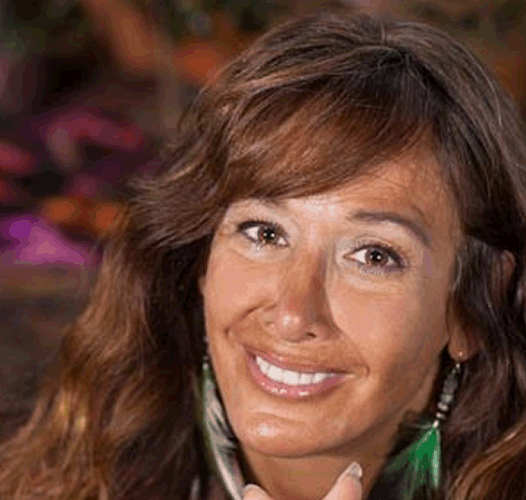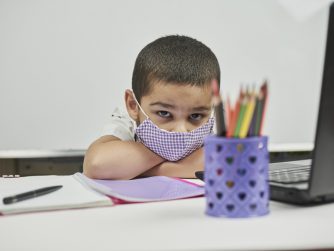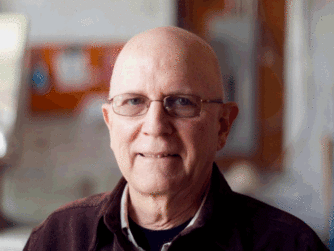Dr. Joanne Cacciatore &
Kara Thieleman
The loss of a child can be one of the most emotionally difficult experience that a person can face. Social workers serving people experiencing traumatic bereavement need to engage those they serve with great compassion. However, professionals and volunteers working with this group can often experience compassion fatigue, a reduced capacity for empathy toward clients resulting from a repeated exposure to their trauma.
In this podcast, Joanne Cacciatore and Kara Thieleman share their research on using mindfulness techniques to help those working with traumatic bereavement help them endure what is otherwise unendurable. They share a framework for thinking about various aspects of mindfulness that can be used to help professionals and clients alike to face grief without being overcome by it. They also discuss the changes to bereavement in the DSM-5, ways to navigate service systems and the ethical concerns that can arise in them, and provide ideas for advocacy and systems-level changes to help successfully integrate more mindfulness practices into social work.
Joanne Cacciatore, PhD is an Associate Professor at Arizona State University who studies all aspects of traumatic grief. She is also the founder of the international nonprofit group the MISS Foundation which aids families whose children have died or are dying. She can be found on Facebook and Twitter or at CenterForLossAndTrauma.com
Kara Thieleman is a third-year doctoral student at Arizona State University. She received her B.A. in sociology/anthropology from Lewis & Clark College in Portland, Oregon in 2005 and her MSW from Arizona State University in 2011 with a specialization in adult health and mental health. She also completed ASU’s Certificate in Trauma and Bereavement. She has experience as a grief counselor for bereaved parents and families and as a hospice social worker. Her research interests include traumatic loss, grief, death/dying, and mindfulness-based approaches both as a framework for practice for clinicians and as an intervention for clients.
Interviewer: Nurit Fischer Shemer, MEd, MSW





